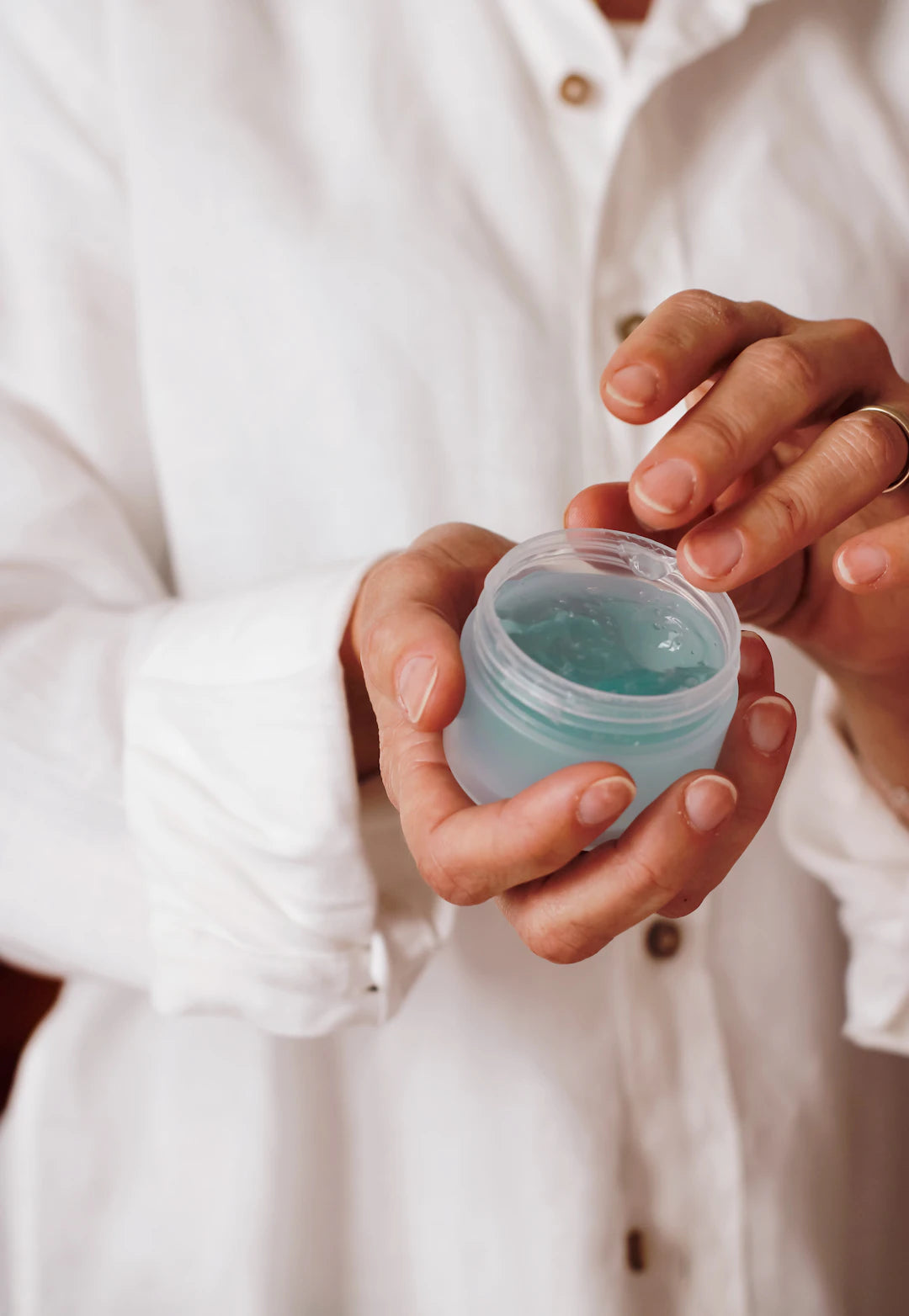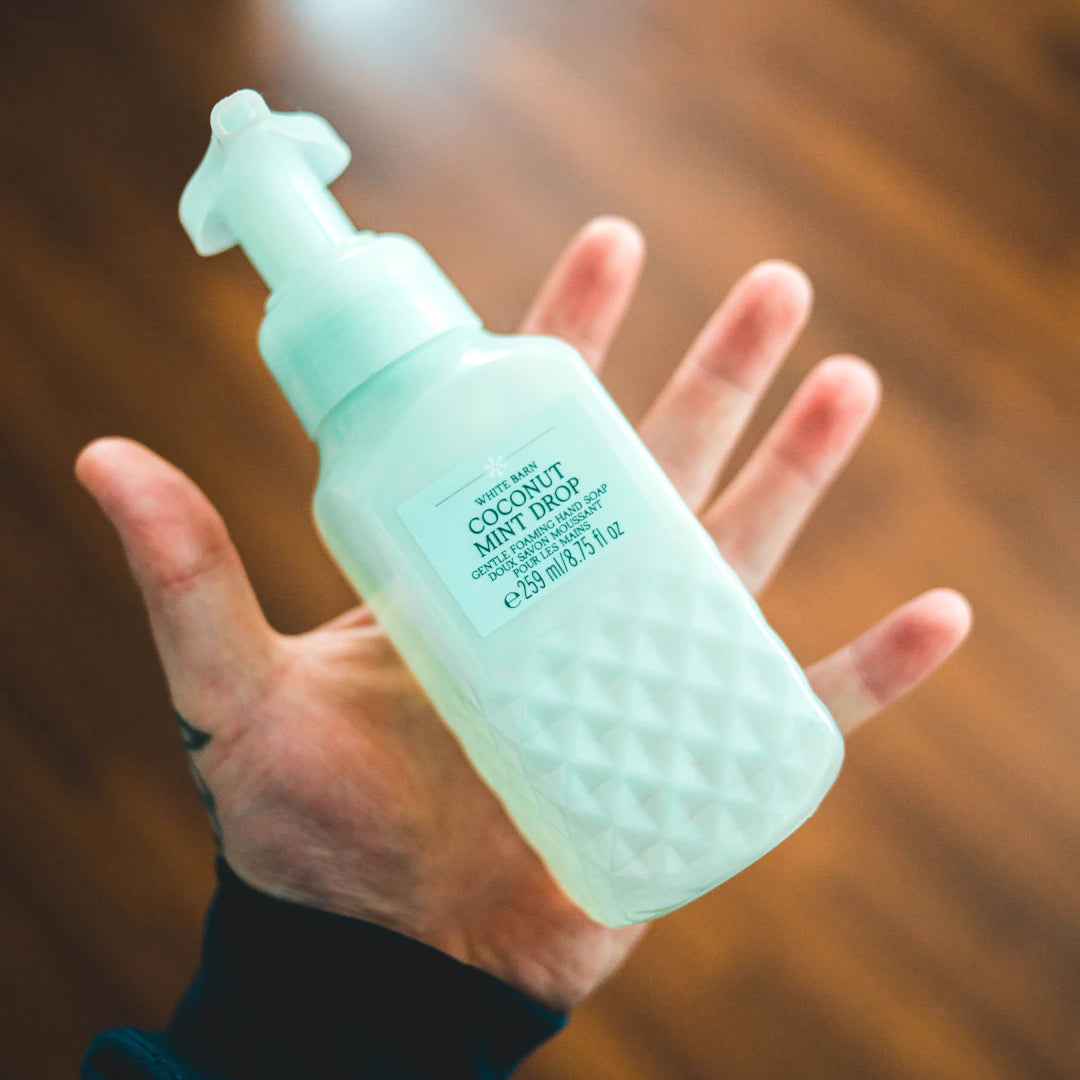Mastering Your Skin: Understanding Skin Types

Overview
Understanding your skin type—normal, oily, dry, combination, or sensitive—is crucial for choosing the right skincare products. This guide explains how to determine your skin type, offers tips for caring for each type, highlights key beneficial ingredients, and debunks common skincare myths. Tailor your skincare routine for healthier, more youthful skin.
Frequently Asked Questions
1. Why is it important to understand your skin type?
2. What are the different skin types?
3. How can I determine my skin type at home?
4. What are some tips for caring for oily skin?
5. What common myths exist about skincare?
Understanding your skin type is more important than you might think. It can help you choose the right skincare products that not only improve your skin but also keep it healthy and youthful. With various skin types out there, you may find yourself confused about which category you fall into. In this guide, we’ll explore the different skin types, their characteristics, and how to care for each. Whether you're searching for the best hyaluronic acid serum or effective skin tightening methods, knowing your skin type is the first step toward an effective skincare routine.
What Are the Different Skin Types?
Generally, there are five main categories of skin types: normal, oily, dry, combination, and sensitive. Identifying which category you belong to can help you make informed decisions about your skincare routine.
Normal Skin
If you have normal skin, congratulations! You're lucky. Individuals with normal skin usually experience balanced oil production and have an even complexion. This skin type is neither too oily nor too dry, and you may notice that you don’t struggle with many skin issues.
Oily Skin
Oily skin is characterized by excess sebum production, leading to a shiny appearance and potential acne flare-ups. People with oily skin may experience clogged pores, blackheads, and breakouts. It’s essential for those with oily skin to find a balance between maintaining moisture and preventing excess oil. A lightweight, non-comedogenic moisturizer combined with a hyaluronic acid serum can be a great solution.
Dry Skin
Dry skin often feels tight, rough, and sometimes even flaky. This skin type may lack moisture due to several factors including environmental conditions and lifestyle choices. To combat dryness, it’s crucial to use hydrating products that lock in moisture. Consider looking for ingredients such as hyaluronic acid in your daily regimen. A nourishing skin tightening cream can also work wonders, enhancing hydration while firming your skin.
Combination Skin
Combination skin is a bit of a mix. It typically features two different areas: an oily T-zone (forehead, nose, and chin) while the cheeks may be dry or normal. This can make selecting skincare products a challenge, as you may need to cater to different needs simultaneously. Opt for products that balance oil and hydrating ingredients to maintain skin health across all areas.
Sensitive Skin
Sensitive skin can be easily irritated and often reacts negatively to various skincare products, climates, and ingredients. This type of skin may be prone to redness, rash, or a burning sensation. It’s important to choose gentle, hypoallergenic products that nourish and soothe. Look for skin tightening products designed for sensitive skin to help improve elasticity without causing irritation.
How to Determine Your Skin Type
Identifying your skin type can often be done at home with some simple observations. Here’s a straightforward guide:
- Cleanse: Start by cleansing your face with a gentle foaming cleanser.
- Wait: Allow your skin to rest without any products for a few hours.
- Observe: Check how your skin feels in different areas. Is it shiny, tight, flaky, or balanced?
Taking time to evaluate how your skin responds can provide significant insight into its unique needs and characteristics. Pay special attention to how it reacts to various products, as this can be a significant factor in understanding your skin type.
Caring for Your Skin Type
Once you’ve identified your skin type, the next step is to develop a tailored skincare routine. Here’s how to care for each skin type based on proven strategies:
Tips for Normal Skin
- Use mild cleansers and moisturizers.
- Exfoliate regularly to maintain glow.
- Stay hydrated by drinking plenty of water.
Tips for Oily Skin
- Opt for oil-free, non-comedogenic products.
- Consider using a hyaluronic acid serum to maintain hydration without adding oil.
- Incorporate salicylic acid for better acne control.
Tips for Dry Skin
- Invest in rich, moisturizing creams or oils.
- Consider using a skin tightening cream to improve texture.
- Limit hot showers that may strip moisture from the skin.
Tips for Combination Skin
- Balance your skincare by using different products for different areas.
- Choose lightweight moisturizers that hydrate without clogging pores.
- Exfoliate gently to avoid irritating dry areas.
Tips for Sensitive Skin
- Select fragrance-free and hypoallergenic formulas.
- Perform patch tests before trying new products.
- Focus on hydrating ingredients like hyaluronic acid for skin relief.
Understanding the Role of Ingredients in Skincare
Now that you know your skin type and have actionable tips to care for it, it’s crucial to understand what goes into your skincare products. Ingredients play a significant role in determining the effectiveness of your regimen.
Key Ingredients to Look For
Some ingredients can be particularly beneficial, depending on your skin type:
- Hyaluronic Acid: Renowned for its ability to retain moisture, this ingredient is perfect for nearly every skin type.
- Peptides: Help to promote skin healing and boost elasticity, ideal for anti-aging solutions.
- Retinol: Great for oily or combination skin; it helps reduce acne and improve the overall texture.
- Anti-oxidants: Ingredients like vitamin C can brighten and protect skin across all types.
Myth Busting: What You Shouldn’t Believe
The world of skincare can be clouded with false information. Understanding common skincare myths can help debunk major misconceptions:
- Myth: Oily skin doesn’t need moisturizer.
- Fact: Oily skin still requires hydration to prevent overproduction of sebum.
- Myth: You should exfoliate every day.
- Fact: Over-exfoliation can lead to irritation, especially for sensitive or dry skin types.
- Myth: All natural products are safe for everyone.
- Fact: Natural ingredients can still cause allergies; always patch-test.
Final Thoughts: Elevate Your Skincare Game
Understanding your skin type is the key to unlocking an effective skincare routine. By following the guidelines laid out in this article, you can make informed decisions on product selection and lifestyle choices that enhance your skin's health and appearance. Whether you’re looking for the right hyaluronic acid serum or the best skin tightening solutions, take time to tailor your regimen to your unique skin type. As you embark on this journey of skincare, remember that investing in your skin today pays off in the long run, setting the stage for a radiant and youthful complexion.
Linked Product
Hydrate & Protect Bundle
The Hydrate & Protect Bundle combines a hydrating hyaluronic acid serum with a broad-spectrum sunscreen, making it suitable for daily use during the summer months. This duo helps to maintain skin moisture while offering protection against harmful UV rays. It's an effective solution for those looking to keep their skin healthy and shielded from environmental stressors.
View Product

